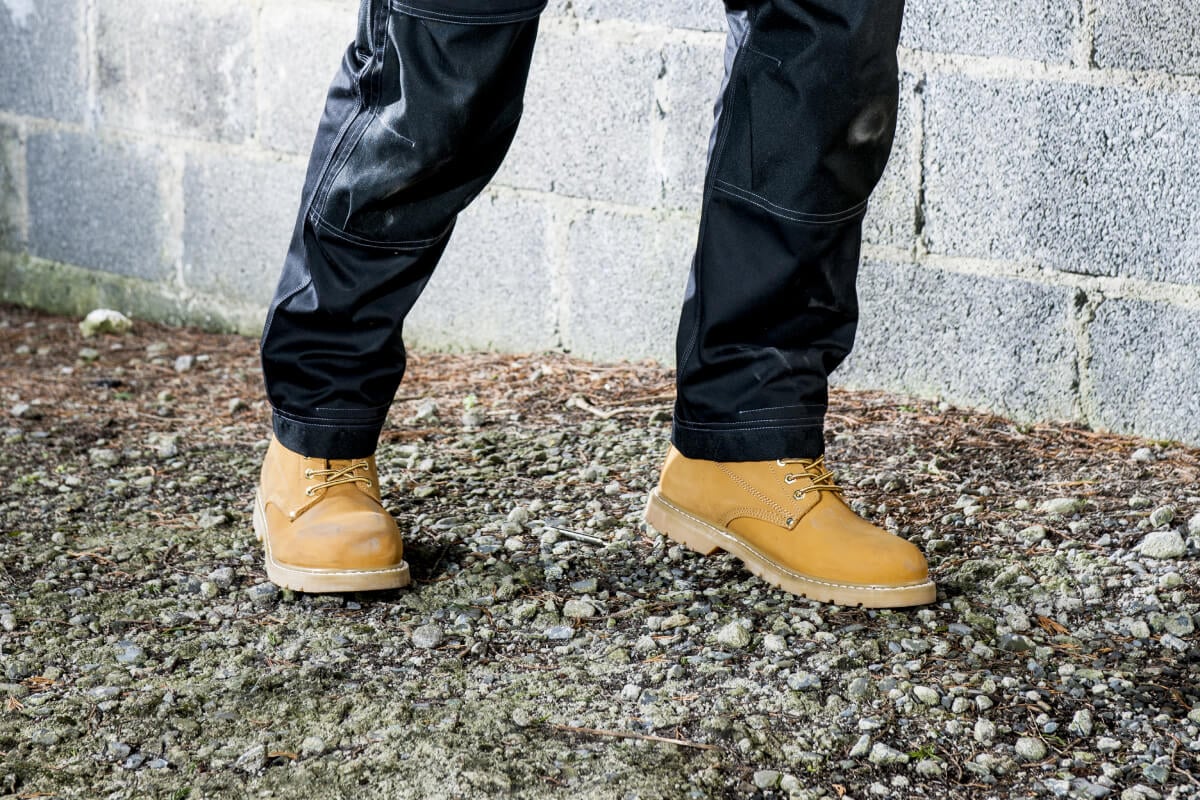
When can we say Made in France?
First, you should know that this indication, on the origin of a product, is optional in Europe for non-food products. If however the manufacturer decides to mention it, the marking of the origin of the product must comply with the rules of non-preferential origin.
The non-preferential origin makes it possible to establish the "nationality" of a product when production factors from several countries are involved: components, raw materials and various stages of manufacture. Finally, the product takes its origin from the country where it underwent the last major transformation.
To know the location of the different manufacturing steps, you will have to wait for the implementation of environmental labeling for textile products. This is currently being tested. The label proposed by the Union des Industries Textiles, one of the solutions adopted by ADEME, notably offers an additional traceability section which describes the production circuit, the percentage of responsible materials or the labels.
Remember, even if this mention is regulated, it is not a label. On the other hand, there is the Origine France Garantie label.
Label Origine France Garantie, how to obtain it?
This certification assures consumers of the traceability of a product by giving a clear and objective indication of origin. It also allows companies that undertake this approach to enhance their production.
To obtain this label, two criteria must be met:
- the place where the product acquires its essential characteristics is located in France
- 50% at least of the product of unit cost is acquired in France
Why buy French products?
French products are renowned for their quality and know-how. France is recognized worldwide for its know-how in the production of goods and services. Indeed, French companies are subject to strict standards in terms of production and quality control. French products therefore enjoy an excellent reputation internationally.
In addition, by promoting French products, you support your country's economy. Indeed, the purchase of French products makes it possible to support French businesses and jobs. As a result, it is a gesture that has a direct impact on the economy and on employment in your country.
Why French manufacturing is more ecological?
By promoting French products, you are also helping to preserve the environment. Indeed, French products are often more environmentally friendly than imported products. This is the case for eco-friendly workwear.
In addition, the French electricity mix, 70% nuclear and 20% renewable, allows a production much less emissive than other countries which depend mainly on coal-fired power plants.
Finally, by choosing products made in France, the emissions linked to transport are reduced compared to a purchase abroad. By buying French products, you therefore ensure that you limit your impact on the environment.
Which clothing brands manufacture in France?
On the Oxwork site, you can find several brands that produce some of their products in France.
You can notably find the brand Robur, Kariban, and Parade.
T-shirts, shoes or kitchen jackets, which products are made in France?
In French products, you can find shoes whose soles have been injected in France. For example the Parade Doxa low safety shoe or the non-magnetic high security Facom.
If you are looking for the classic white T-shirt, we recommend the Origine France Guaranteed Kariban T-shirt.
Finally, if you are in the restaurant business, I recommend the short-sleeved chef's jacket from Robur.
Why is Made in France attractive?
French consumers are increasingly aware of the advantages of Made in France. They know that French products are generally higher quality and more durable, which can save money in the long run.
French consumers are also keen to support the national economy and promote job creation in France.
What are the disadvantages of Made In France?
First of all, Made in France products are often more expensive than imported products. This is partly explained by the fact that production costs are traditionally higher in France. Production costs are lower abroad, because the wages of foreign workers are frequently lower than the French minimum wage. It is even sometimes insufficient to guarantee a decent life for workers, which is why we arrive at very low final prices.
As the saying goes "if it's free, you're the product", here if you don't pay very much for your T-shirt, someone in the world is paying for it for you at the cost of low paid labor hours.
In addition, made in France can be perceived as a symbol of exclusion by some consumers. Indeed, some consider that French products are not accessible to everyone, in particular because of their high price.











